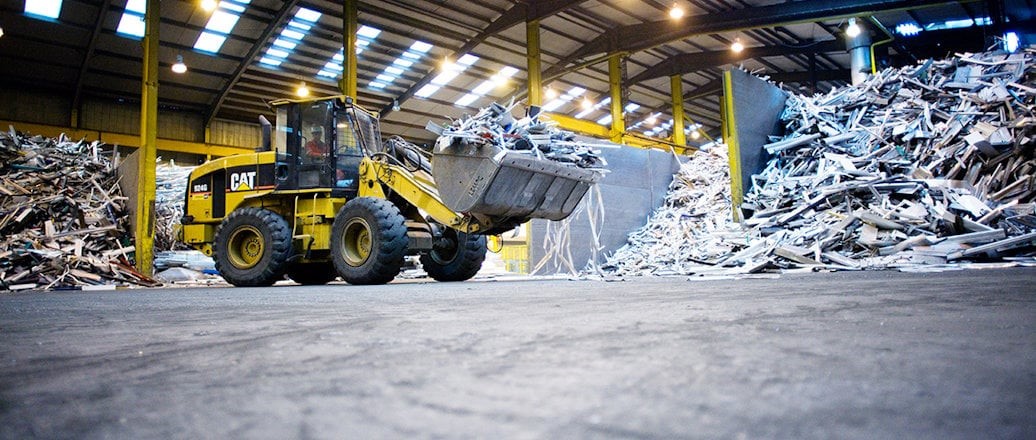

Norsk Hydro, a renowned global aluminium recycling company, has recently announced a £35 million investment in its Wrexham plant, which will create 30 new jobs and double its recycling capacity. With the planned expansion, the plant's capacity to recycle will go up to 103,000 tonnes annually, allowing the company to process more scrap aluminium that would otherwise be sent overseas.

To facilitate the expansion of its operations, Norsk Hydro has submitted the first of two planning applications to Wrexham County Borough Council. Presently, the plant processes up to 150 tonnes of scrap aluminium a day, which is mainly sold to the construction and automotive industries.
The announcement of the planned expansion was discussed at a campaign event to secure an £80m Investment Zone for Wrexham and Flintshire. Wayne Clifton, the managing director at Norsk Hydro's 10-acre site on Wrexham Industrial Estate, expressed that being part of an Investment Zone would be a significant boost to its expansion plans.
"Increasing our capacity here in Wrexham will enable us to meet increased customer demand for low-carbon aluminium," Clifton exclaimed.
"Every year, around one million tonnes of used aluminium scrap leaves Europe. Scrap being our raw material, it's important to ensure we keep it in Europe and the UK," he added.
"This investment will ensure that more post-consumer scrap is kept in the loop and processed here at home," Clifton made valid points.
Apart from its direct labour force in Wrexham, Norsk Hydro also supports 2,000 sub-contractor hours a month.
The Managing Director also illustrated: "We see increasing interest from customers in the UK to buy Hydro's low-carbon aluminium, particularly within the automotive, transport, and buildings and construction sectors."
"That is why we are planning an investment in our Wrexham plant, increasing the aluminium recycling capacity to more than 100,000 tonnes per year," he blurted out.
"The importance of the Investment Zone is that it will mean improved supply chains and transport networks and an increasingly well-trained workforce that will enable us to move fast when market conditions change, and that has been one of the challenges for us," concluded Clifton.
Responses








